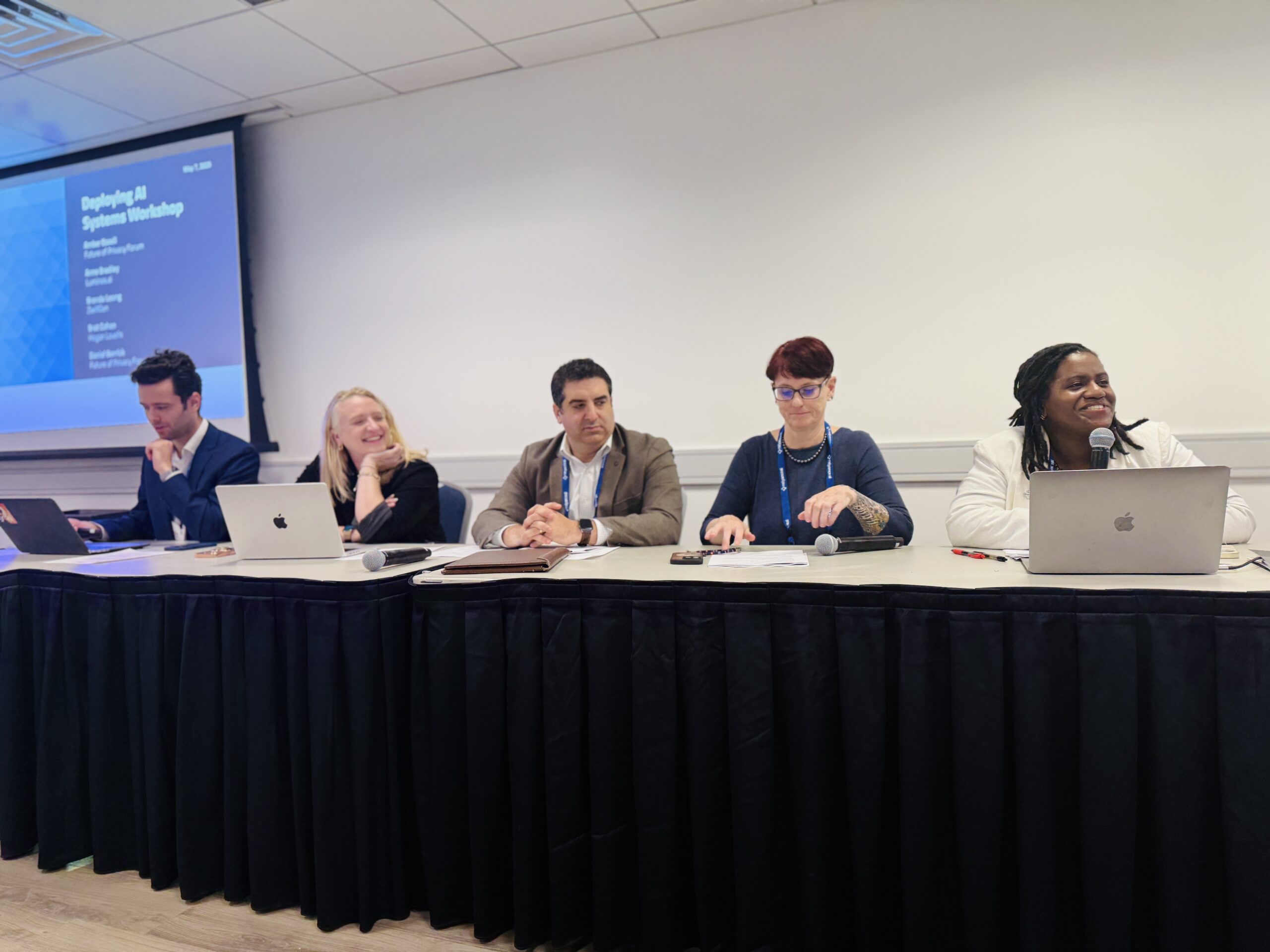Showing results for virg use promo code xped afghanistan

Malaysia Charts Its Digital Course: A Guide to the New Frameworks for Data Protection and AI Ethics
[…] guidance on other existing transfer mechanisms under the PDPA, such as the conditions for valid consent and determining when transfers are “necessary.” Additionally, the Guideline allows the use of binding corporate rules (BCRs) for intra-group transfers, standard contractual clauses (SCCs) for transfers between unrelated parties, and certifications from recognized bodies as evidence of adequate […]

Understanding Japan’s AI Promotion Act: An “Innovation-First” Blueprint for AI Regulation
[…] technologies” in Japan. This term refers to technologies that replicate human intellectual capabilities like cognition, inference, and judgment through artificial means, as well as the systems that use them. This non-technical definition appears to be designed for flexibility and longevity. Notably, the law proposes a unique approach to defining the scope of covered AI […]

The Connecticut Data Privacy Act Gets an Overhaul (Again)
[…] describe secondary uses that are not reasonably necessary to or compatible with the purposes previously disclosed to the consumer, and (2) factors to determine when a secondary use is a “material new purpose.” These factors include the consumer’s reasonable expectations at the time of collection, the link between new purpose and the original purpose, […]

Future of Privacy Forum Announces Annual Privacy and AI Leadership Awards
[…] of the Future of Privacy Forum. “This year’s awardees have all demonstrated the thoughtful leadership, bold vision, and creative thinking that is essential to advancing the responsible use of data for the benefit of society.” 2025 FPF Achievement Award Recipients include: Brazil National Data Protection Authority, Global Responsible AI Leadership Award Accepted by Miriam […]

Brazil’s ANPD Preliminary Study on Generative AI highlights the dual nature of data protection law: balancing rights with technological innovation
[…] development and innovation. The study recognizes that advances in machine learning enable generative AI systems beneficial to key fields, including healthcare, banking, and commerce and highlights three use cases likely to produce valuable benefits for Brazilian society. For instance, the Federal Court of Accounts is implementing “ChatTCU”, a generative model to assist the Court’s […]

Cross-Border Data Flows in Africa: Examining Policy Approaches and Pathways to Regulatory Interoperability
[…] personal data to other African countries To operationalize inter-African cross-border data flows, legal frameworks on the continent increasingly reference data transfer tools. The Issue Brief explores the use and implementation of mechanisms such as adequacy decisions, certification mechanisms, standard contractual clauses (SCCs), and binding corporate rules (BCRs) and derogations, currently in use across Kenya, […]

FPF Unveils Paper on State Data Minimization Trends
[…] as a contested and priority issue in privacy legislation. Under many existing state privacy laws, companies have been subject to “procedural” data minimization requirements whereby collection and use of personal data is permitted so long as it is adequately disclosed or consent is obtained. As privacy advocates have pushed to shift away from notice-and-choice, […]

Vermont and Nebraska: Diverging Experiments in State Age-Appropriate Design Codes
[…] a nod to First Amendment concerns that have plagued similar requirements in other state laws. Covered businesses must design services to avoid reasonably foreseeable emotional distress, compulsive use, or discrimination. However, the bill clarifies that the mere content that a minor views cannot, by itself, constitute harm. Nebraska, by contrast, does not create a […]

FPF Experts Take The Stage at the 2025 IAPP Global Privacy Summit
[…] region, noting that most APAC jurisdictions have preferred not to enact hard AI laws. Instead, these regions focus on regulating elements of AI systems such as the use of personal data (Singapore), addressing risk in AI systems (Australia), promoting industry development (South Korea), fostering international cooperation, and responsible AI practices (Japan), government oversight of […]

Lessons Learned from FPF “Deploying AI Systems” Workshop
[…] it is necessary to independently test the tools using their own data, rather than relying on representations made by third party vendors – especially for “high risk” use cases. This is due to the growing amount of regulatory interest in unfair and deceptive practices pertaining to AI deployment (e.g. misleading statements about the capabilities, […]
